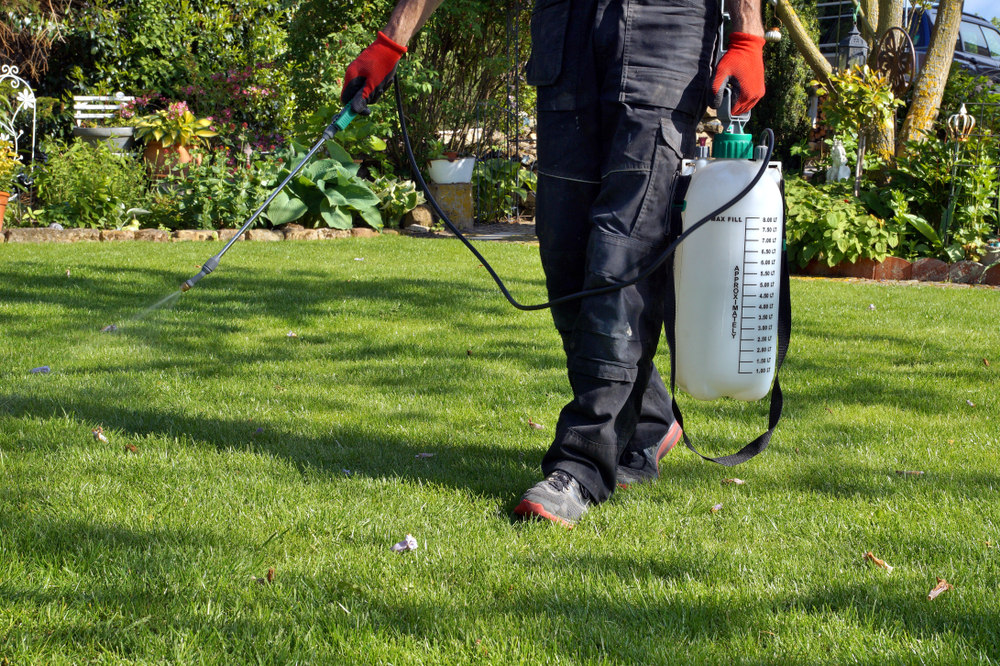In recent years, Roundup weed killer, manufactured by Bayer, has faced significant controversy due to its active ingredient, glyphosate. The herbicide has been linked to an increased risk of non-Hodgkin’s lymphoma, leading to an onslaught of lawsuits against the company. Bayer officials have now revealed that they are in the process of testing a potential replacement for glyphosate, aiming to address the concerns surrounding Roundup’s safety and legal liabilities.
The Glyphosate Controversy
Glyphosate, the active ingredient in Roundup, is one of the most widely used herbicides in the United States. However, concerns about its potential health risks have led to mounting legal battles and public scrutiny. In 2015, the World Health Organization’s International Agency for Research on Cancer (IARC) classified glyphosate as a probable carcinogen, specifically linking it to non-Hodgkin’s lymphoma.
Over the past eight years, Bayer and its subsidiary, Monsanto, have faced a staggering number of lawsuits. More than 167,000 Roundup lawsuits have been filed in the United States, with plaintiffs alleging that the product’s use led to their development of non-Hodgkin’s lymphoma. These lawsuits claim that Bayer failed to adequately warn users about the potential cancer risks associated with Roundup.
The Search for a Glyphosate Replacement
In response to mounting lawsuits and concerns about the safety of glyphosate, Bayer has pledged to find a glyphosate replacement. The company aims to develop a new formulation that eliminates the controversial ingredient while maintaining the effectiveness of Roundup as a weed killer. Bayer CEO, Bill Anderson, revealed that the company is currently testing a new substance on real plants. The objective is to introduce the glyphosate replacement to the market by 2028.
Balancing Public Perception and Legal Liabilities
The decision to search for a glyphosate replacement comes amidst a delicate balancing act for Bayer. While the company acknowledges the legal risks associated with Roundup and the mounting lawsuits, it maintains that glyphosate is safe and plans to continue promoting the Roundup brand. By finding an alternative ingredient, Bayer hopes to address the concerns raised by tens of thousands of plaintiffs who allege that glyphosate exposure led to their cancer diagnosis.
The Costly Roundup Litigation
The litigation battle surrounding Roundup has been long and arduous for Bayer. Despite paying over $10 billion to resolve thousands of Roundup cancer claims, the company continues to face a steady stream of jury trials and new complaints from individuals who reject settlement offers. The lawsuits focus on both agricultural and household use of Roundup and the alleged failure to warn users about the potential cancer risks.
In May, a federal judge denied Bayer’s effort to limit legal liability for future cancer claims associated with glyphosate-based herbicides. The judge cited numerous flaws in Bayer’s argument, further complicating the company’s legal defense.
As of January 2024, approximately 54,000 Roundup lawsuits remained unresolved out of the initial 167,000 claims. The financial impact of these lawsuits has been significant, with Bayer being ordered to pay billions of dollars in damages. The company now aims to expedite the settlement process and explore options for limiting legal risks outside of the courtroom.
The Future of Roundup Weed Killer
Bayer’s decision to replace glyphosate in Roundup demonstrates its commitment to addressing the issues surrounding the herbicide. However, while the glyphosate replacement remains under development, Bayer plans to continue selling glyphosate formulations in its professional and agricultural market products. The majority of Roundup claims come from domestic lawn and garden product users, prompting Bayer’s focus on reformulating products intended for residential use.
Roundup Lawsuit Information
Managing the Roundup™ Litigation, Bayer




